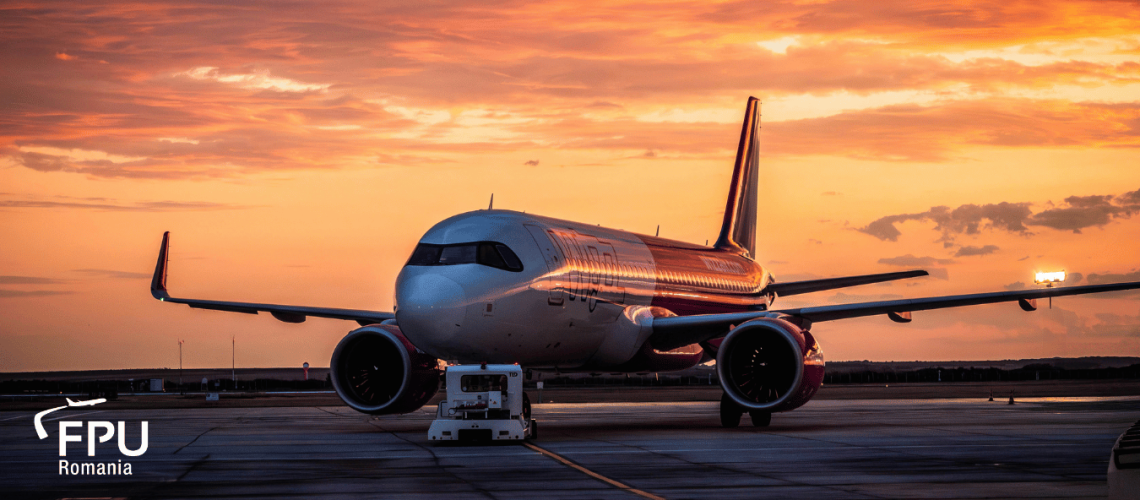“Am I fatigued?”, one simple question with too many variables.
Pilots and cabin crew are exposed to a special working environment, one that involves working irregular hours, starting at dawn one day and flying through the night the next. A duty day can stretch up to 13 hours, sometimes 15 in exceptional cases.
The European Union Aviation Safety Agency (EASA) has set a cap: you can’t be awake for more than 18 hours!
But when you choose this career path, you should be aware that tiredness will be part of the deal. Tiredness is what happens after a long day.
But fatigue is a different story. Fatigue is when tiredness piles up and starts to affect your focus, cloud your thinking, slow your reactions, and turn even simple tasks into something potentially dangerous.
Read more 5 tips for cabin crew regarding Commander’s Discretion
For aviation professionals, that’s serious. You carry a huge responsibility for your passengers, your colleagues, and yourselves. Add to that the constant commercial pressure to be on time, reach sales targets, cover for a colleague who called in sick, manage delays, or fly through bad weather, and it’s easy to see how tiredness can slip into fatigue.
When it does, self-awareness becomes your first safety tool, and maturity the only way of distinguishing between the two. No one can teach you that. It’s something you learn through time, experience, and how you push through your energy limits.
However, there are many factors that can push fatigue even further, “poor sleep quality, psychological stress, academic workload, and irregular schedules,” as reported in a recent study. Each plays a role, and together, they build up silently until one day, your body and mind simply say, “Enough.”
Read more The Right To Disconnect in Aviation
The truth is, you can’t push through fatigue, and trying to ignore it only brings you closer to burnout. That’s when it’s time to stop, ask for help, and take a step back from flying duties. There can be no compromise when it comes to safety.
Airlines and unions can (and should) work together to promote healthy habits and awareness, but in the end, it starts with you. Respect your rest pattern, protect your time, and listen to your body.
Because fatigue isn’t a sign of weakness, it’s a clear sign that you’ve been strong for too long.
Read more 5 tips for pilots regarding Commander’s Discretion


